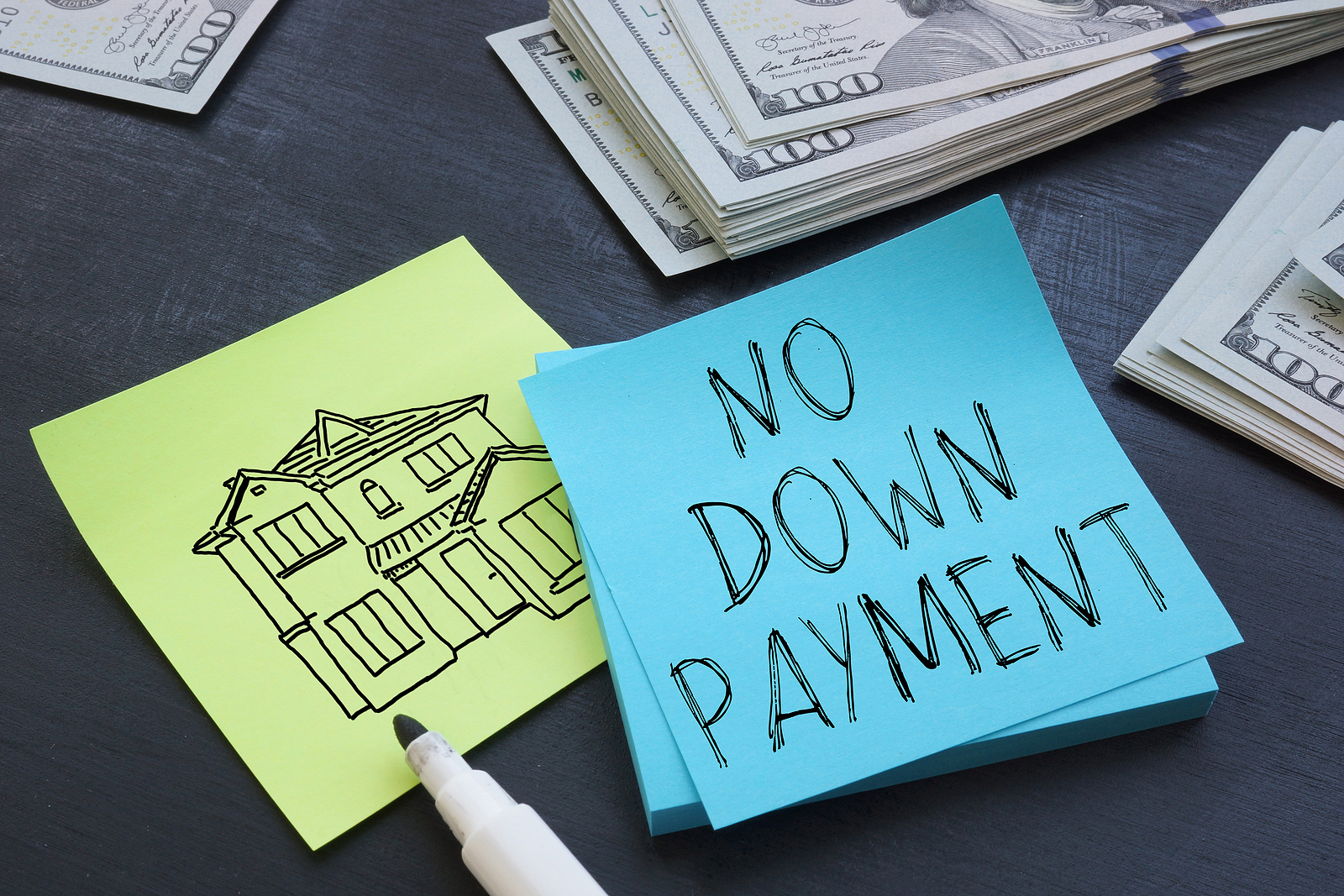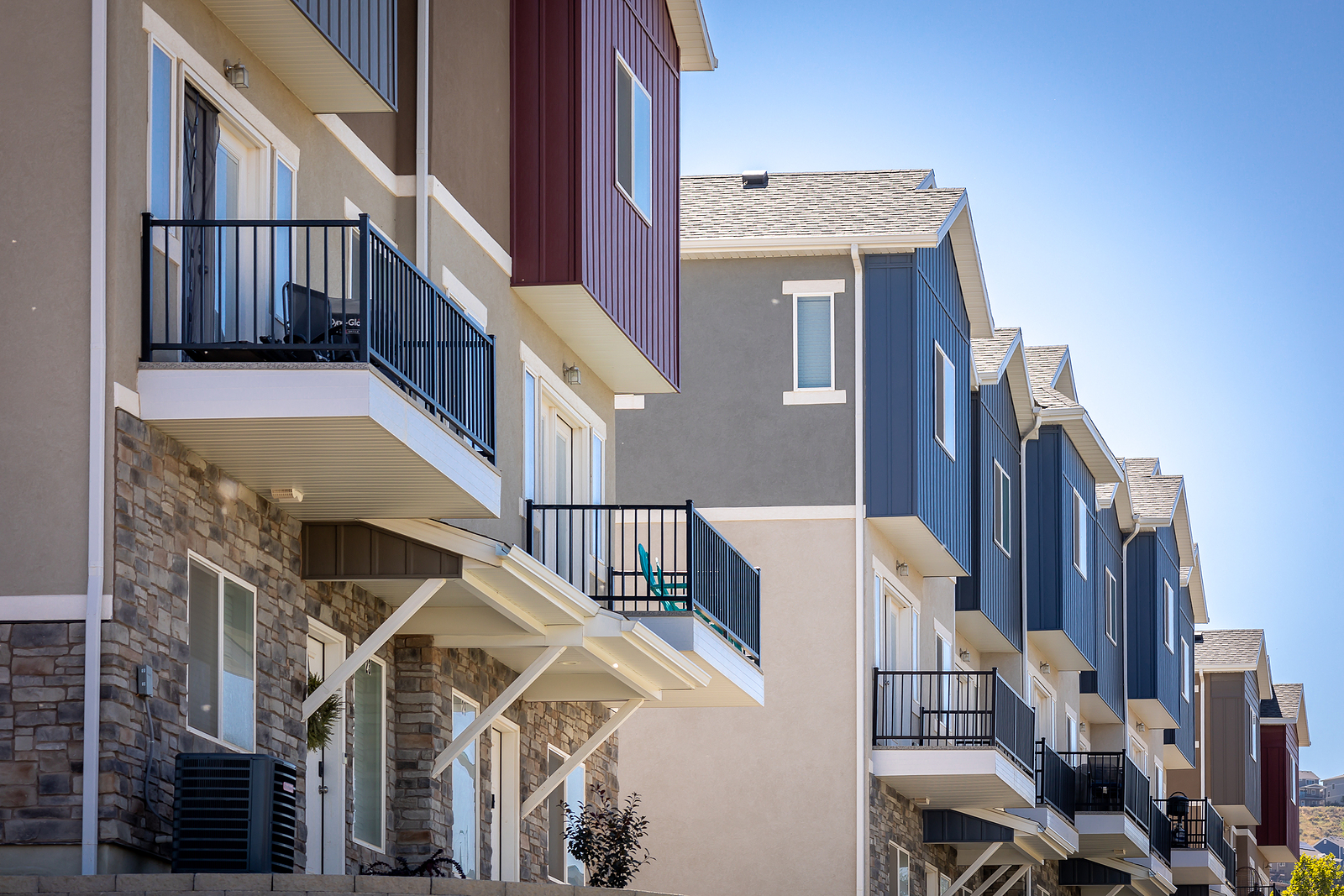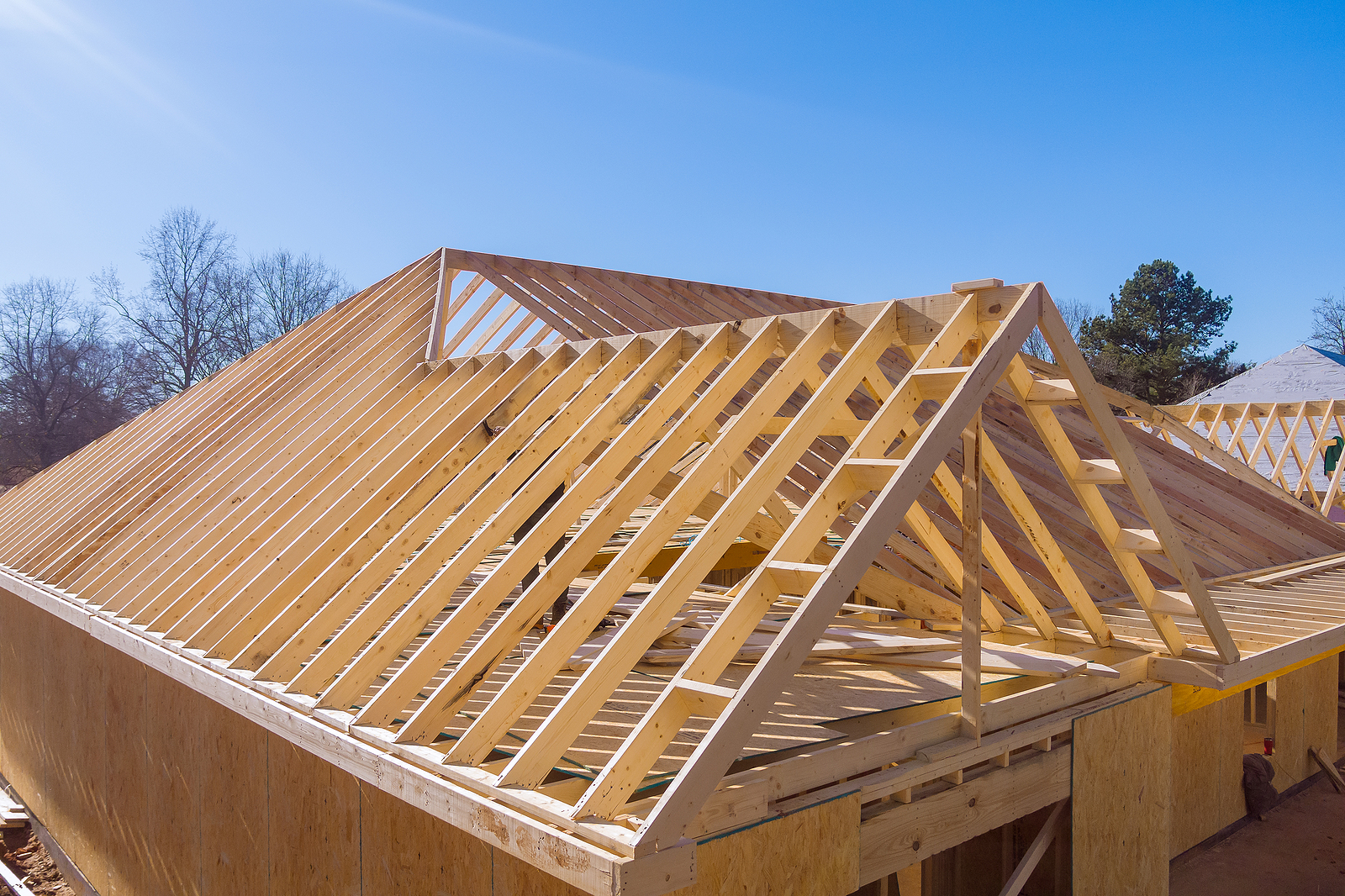Dishwashers. We never really understand what a time- and effort-saving device it is until it goes on the blink.
And if yours has, you no doubt understand how much they’ve gone up in price over the past few years. Although you can purchase a basic model for less than $400, the models with the useful bells and whistles can cost up to a few thousand dollars.
“On average, a new dishwasher costs about $970,” suggests Paige Bennett at Angi.com.
Whether you’re looking for a no-frills dishwasher or a top-of-the-line brand, knowing exactly which features you need and will use and the right time to shop for it is the key to saving money.

So, what is the right time of year to shop for a dishwasher?
“Model year clearance time” is a phrase we often hear in commercials and see in print ads. That time is the month of May. This is because manufacturers put out their new models in June, so sales are abundant to get the old stock moved out.
“Federal holidays [New Year’s Day, Memorial Day, Labor Day, etc.) are also a great time to find huge savings on dishwashers,” claims Debbie Wolfe and Lexie Pelchen at Forbes.com.

Don’t forget Black Friday. You may find some real bargains on offer.
Finally, if you don’t mind a slightly marred appliance, you can check out the “scratch and dent” inventories at appliance stores and big box retailers any time of the year.
How to start your dishwasher shopping journey
The first step toward buying a dishwasher that meets your needs is much like the first step toward buying a home. Figure out what you need when it comes to features.
“Wi-Fi capability, touch screen controls and programmable wash cycles are nice, but they come at premium prices. Decide if you really need all the bells and whistles and if the extra cost is worth it to you,” warns Wolfe and Pelchen.
Take some time to get to know the various features that manufacturers are offering. Items such as stainless-steel tubs are quite popular with consumers, replacing the old interior surface that is easily stained. Other popular features, according to the folks at ApplianceConnection.com, include:
- ENERGY STAR® Certification to help save money.
- A dishwasher that boasts a quieter cycle.
- Water softener if you live in an area with hard water that causes spotting on your dishes.
- Hard food disposal
Which brands do consumers like the best?
“KitchenAid … ranks highest in customer satisfaction among dishwashers. Samsung … ranks second, while Bosch … and LG … rank third in a tie,” according to research by JD Powers and Associates.
Which finish is best for you?
Many shoppers choose to match the finish of their other appliances when shopping for a new dishwasher. Other than that, there are a few things to consider when choosing a finish.
If you despise fingerprints on your appliance, choose a brushed stainless steel finish. Black and traditional stainless-steel finishes attract dust, grime and fingerprints.
Tub material
We mentioned earlier the popularity of the stainless-steel tub. Your other choice is plastic. As the dishwasher ages, plastic tubs tend to become stained and may hold odors.
Not so with a stainless-steel tub. It dries quicker and is tougher. Yes, dishwashers with stainless-steel tubs are more expensive.
Does the noise bug you?
If it has been some time since you’ve shopped for a dishwasher you will notice that the noise level, listed by decibel level, is now typically a standard part of the in-store description.
“A rating of 45 decibels or lower is a virtually silent dishwasher. Decibel levels between 45 and 50 have the equivalent sound level to steady rainfall. A 50 or higher decibel level is equivalent to the level of a normal conversation.,” according to Wolfe and Pelchen.
They go on to warn readers that “The lower the decibel rating, the more expensive the dishwasher will be.”
Have you heard about the filters?
Have you ever wondered what keeps the food debris on your plates from floating around while the dishes wash and possibly ends up back on the clean dishes?
It’s the filter that stops that mess and you’ll need to choose from a manual and a self-cleaning filter. The latter “… filters feature a grinder that pulverizes the debris and flushes it down the drain. Manual filters need to be removed and cleaned often to keep them free of debris,” suggests Debbie Wolfe and Samantha Allen at Forbes.com.
Some additional features you might want to shop for
Wolfe and Allen suggest looking at these additional dishwasher features:
- Soil sensors.
- Adjustable racks.
- A third rack.
- “Smart home technology and Wi-Fi connectivity …” so you can program the machine to start washing even if you aren’t around via your desktop, laptop or smartphone.
Who knew there was so much to learn about something we use every day? Hopefully, these tips will help you make a choice from the many dishwasher models available on the market.


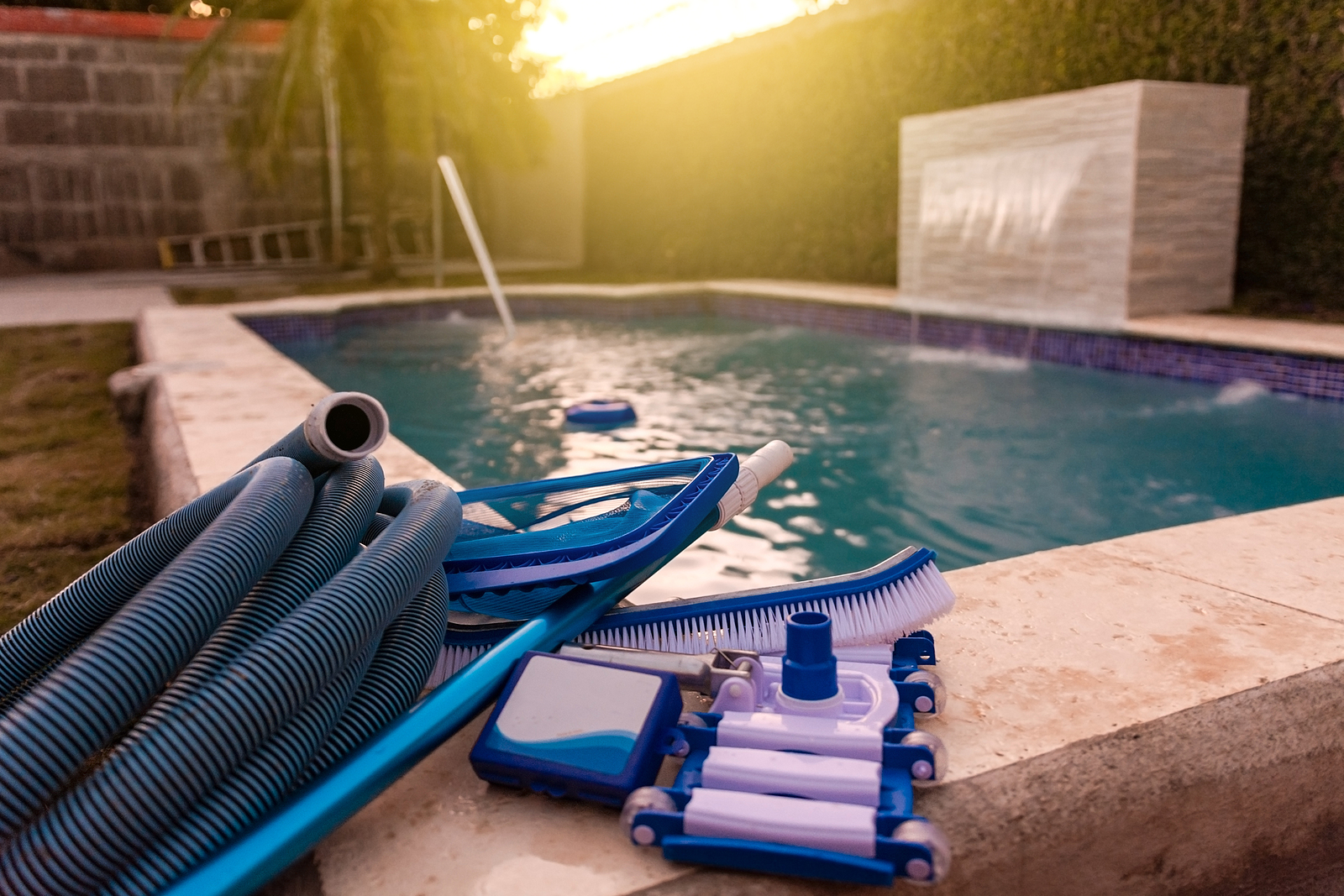

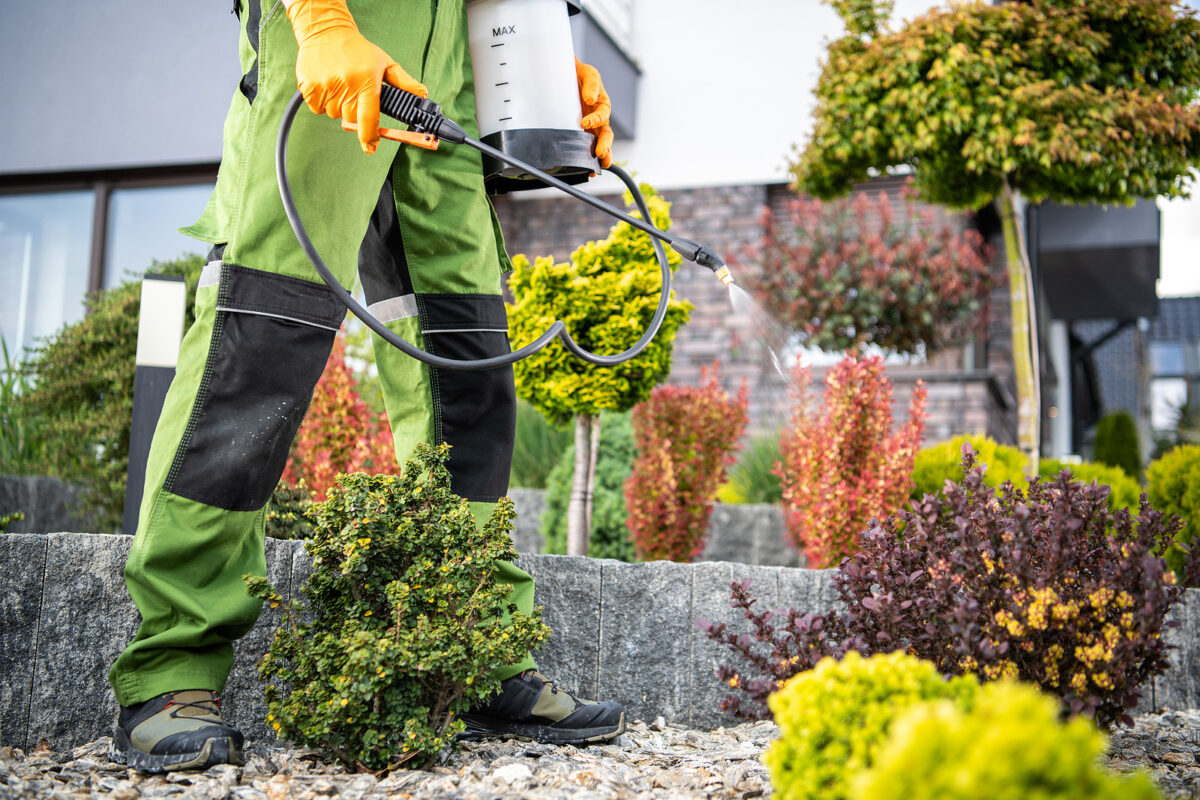

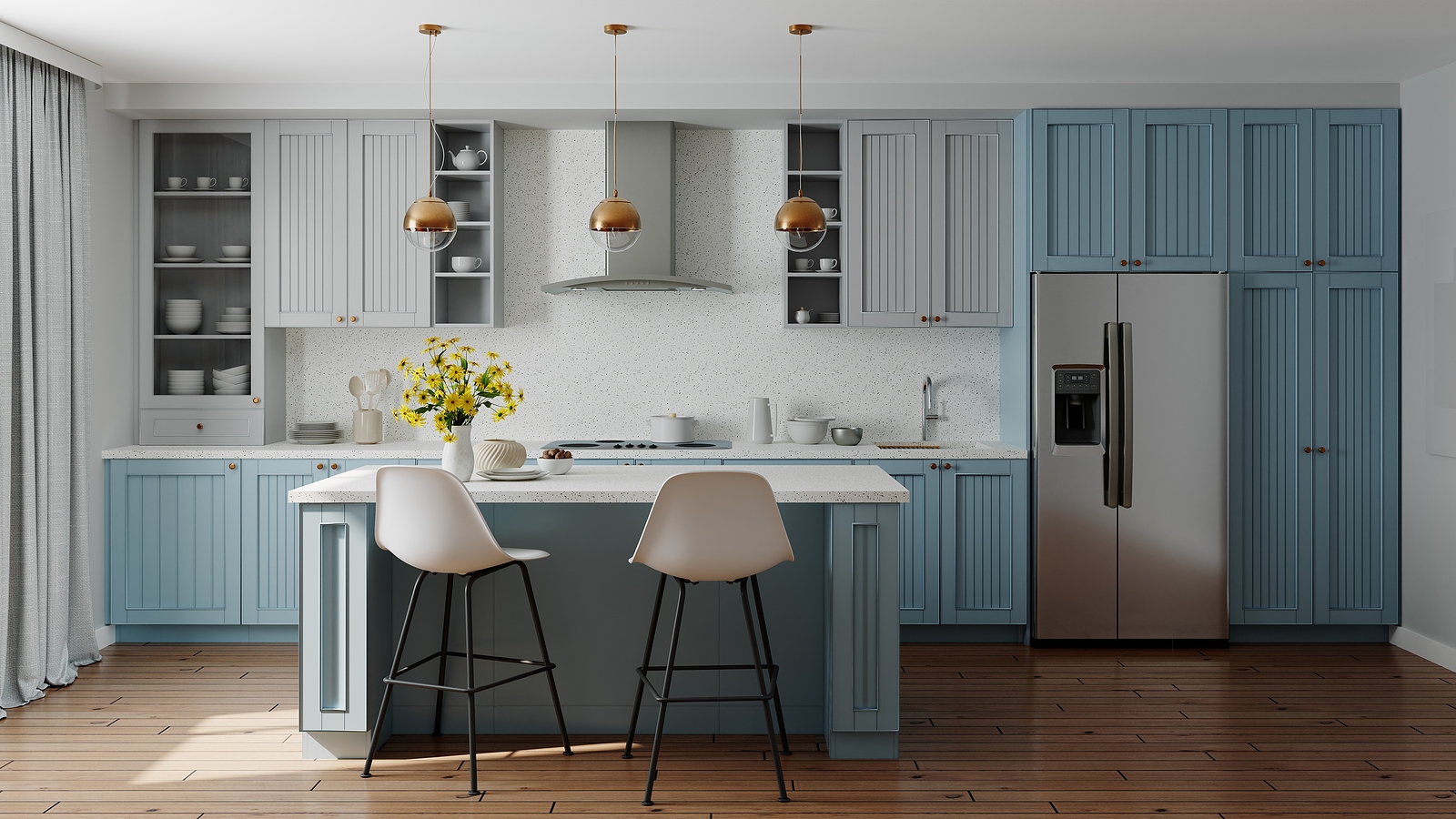








 Your agent is the best person to consult about your home’s presentation.
Your agent is the best person to consult about your home’s presentation.



